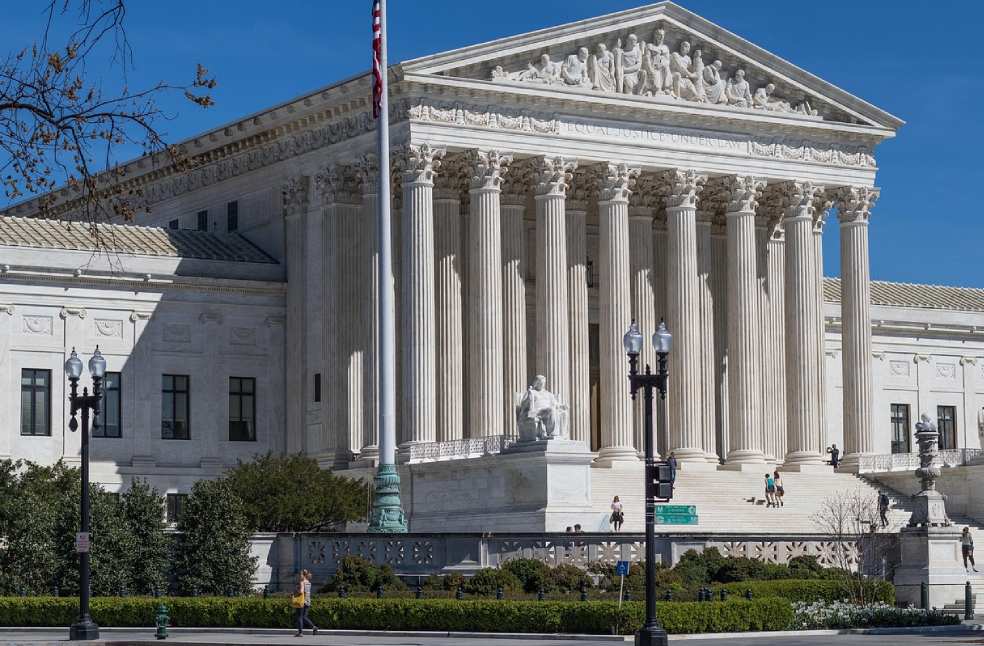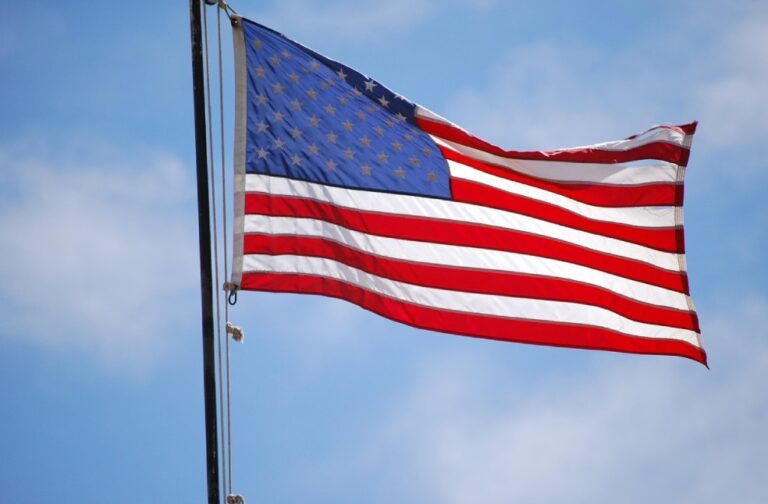United States: In a major immigration decision, the US Supreme Court has allowed President Donald Trump to end US deportation protections for around 350,000 Venezuelans. The ruling overturns a lower court’s block, raising concerns among migrant communities and human rights advocates.
The move to lift US deportation protection affects Venezuelans living in the United States under Temporary Protected Status (TPS). This special status lets people live and work legally if their home country is considered unsafe due to war, natural disasters, or political unrest.
The Trump administration had moved to end these deportation protections in April 2025, well ahead of the original expiration date in October 2026. A federal judge in California had temporarily blocked the change. However, the Supreme Court has now lifted that hold, allowing the plan to go forward.
US government lawyers argued that the California federal court had overstepped its authority by stopping the administration from ending deportation protections and work permits in April. They argued that it interfered with the executive branch’s inherent powers as to immigration and foreign affairs.

Because the case came through an emergency application, the justices gave no detailed explanation for their ruling. The court’s brief order only noted one dissenting opinion from Justice Ketanji Brown Jackson.
In a related move, the Trump administration is expected to revoke TPS protections for thousands of Haitians this August. Additionally, it has requested that the court to end humanitarian parole for migrants from Cuba, Haiti, Nicaragua, and Venezuela.
However, Trump’s efforts suffered a legal setback earlier. The Supreme Court blocked the use of the 1798 Alien Enemies Act, which the administration aimed to use to deport thousands of immigrants in North Texas. The justices questioned the legality of applying the centuries-old law in this way.
This latest decision forms part of a wider strategy by Trump to reshape US immigration policy using executive power. The end of US deportation protections to Venezuelans also underscores the increasing role of the Supreme Court in immigration matters, especially during politically charged periods.



